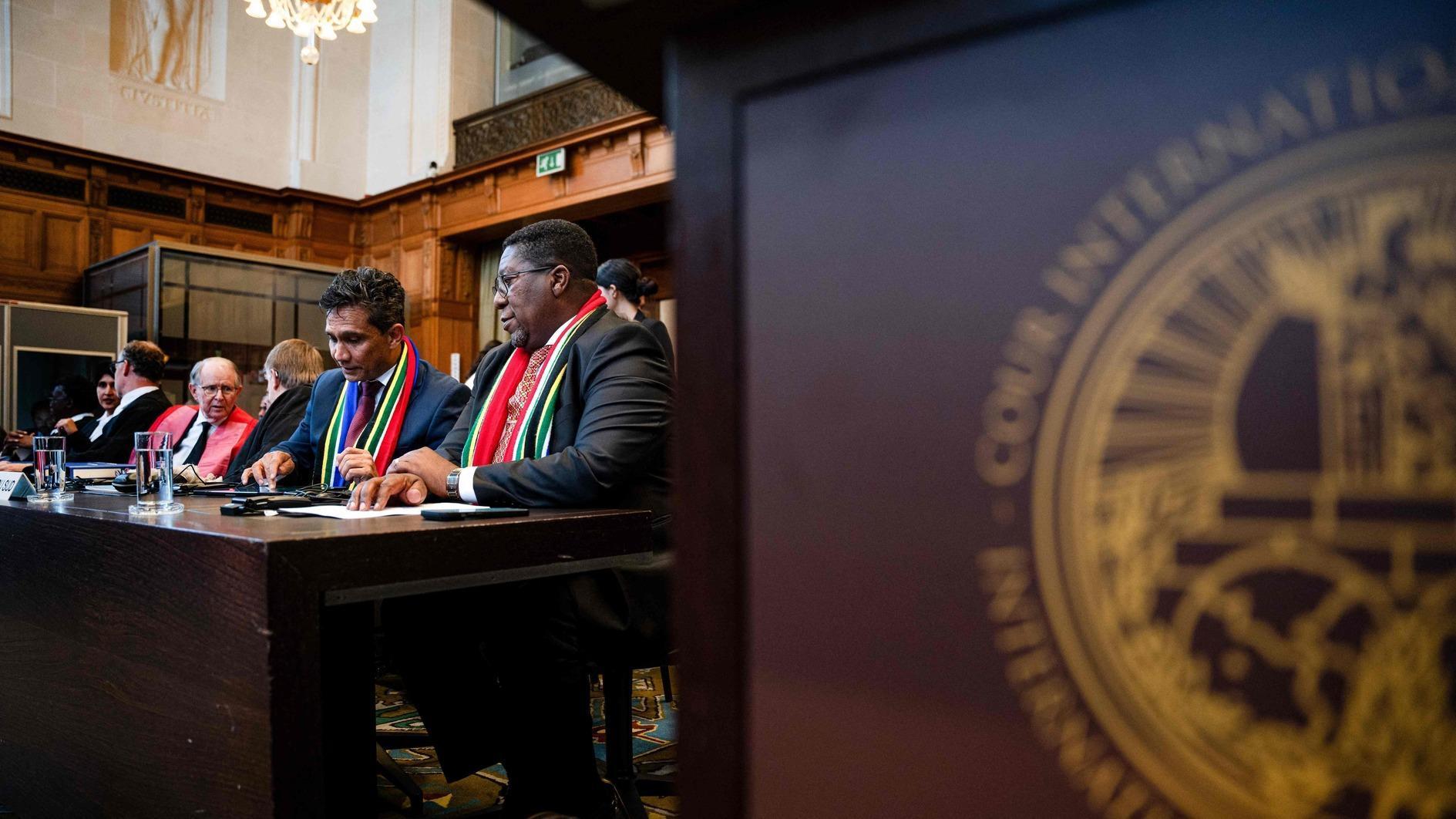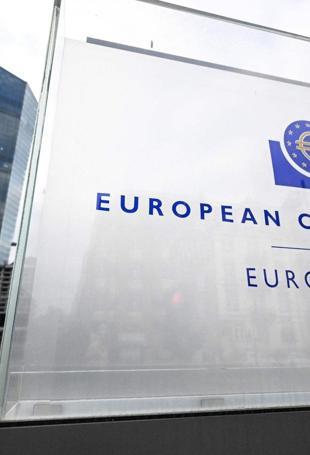From Mumbai to Rio, Netflix dominates cultural conversation
NEW YORK

Netflix has a massive global subscriber base and has proven its ability to create pop culture moments - “Tiger King” was a breakout pandemic hit - but is this the year it becomes an Oscars powerhouse, with several films in contention? Or does that even matter, as the company churns out worldwide hit shows, focusing on emerging markets and telling stories that embrace diverse viewpoints?
From Brazil to Argentina to India, original series like “The Queen’s Gambit,” “Cobra Kai” and “Money Heist” have earned fans especially with vast parts of the world trapped at home for months due to the coronavirus crisis.
With its series translated in dozens of languages, Netflix has managed several times over the past year to dominate the conversation on social media; beyond “Tiger King,” “Queen’s Gambit” had the world playing chess and “Lupin” gave French actor Omar Sy a worldwide platform.
In a television universe that is more fragmented than ever, Netflix “has kind of incomparable cultural familiarity,” once reserved for the big three networks ABC, NBC and CBS, says Gabriel Rossman, a sociology professor at the University of California, Los Angeles.
For sure, shows like “Dallas” and “Friends” had global fan bases, but not in the immediate way that a Netflix show like period romance “Bridgerton” can build worldwide momentum.
“Netflix has become the ultimate destination for anyone in search of... the buzzy new title trending worldwide,” says Oliver Skinner, a content marketing specialist at Voices, an online marketplace for voiceover actors.
What Netflix also has is scads of data on the habits of its 207 million subscribers, which gives it a competitive advantage in the crowded streaming universe, notes University of Virginia professor Aswin Punathambekar.
“That allows the company to understand viewership patterns beyond the usual demographic factors,” Punathambekar told AFP. “This does shape decisions about the kinds of series to commission or add to the library,” he said. “But at the end of the day, like any other media producer, Netflix cannot predict what will strike a chord.”
That idea is clear when looking at Netflix’s prestige movie offerings: Despite three dozen or so nominations for Sunday’s Oscars, for films including “Ma Rainey’s Black Bottom” and “Mank,” none of them has had a major popular impact.
To improve its performance, the California-based Netflix has prioritized emerging markets in Latin America and Asia, explains Louis Wiart, a communications scholar at the Free University of Brussels.
Last year, more than 80 percent of its new subscribers came from outside North America, Wiart said.
He especially pointed to the emergence of a middle class in Asia and Latin America that is “accessing new forms of digital and cultural consumption, and is going to have a relatively strong affinity for the platform.”
To increase its user base abroad while being mindful to abide by local legislation in certain countries, Netflix increasingly has been producing more local content and made series filmed in French (“Lupin”) and Spanish (Money Heist”) into global successes.
“We are seeing Netflix and other streaming video companies forge ties with established film and TV industries - Bollywood, for instance - and produce series that are rooted in specific cultural and political milieus,” Punathambekar said.
Wiart said that while this allows the company to grow its brand worldwide, it also runs the risk of the “folklorization of its content” highlighting stereotypes of certain regions with a “strong Hollywood accent.”
Even as its global reach expands, Netflix, whose competitors include Disney+ and Amazon Prime, recently has seen a plunge in shares, with fewer new subscribers than expected. And the company has cited pandemic-related production delays as the reason for postponing the release of some of its original content. “We had those 10 years where we were growing smooth as silk,” Netflix chief executive Reed Hastings said on a streamed earnings call this week. “It is just a little wobbly right now.”
















